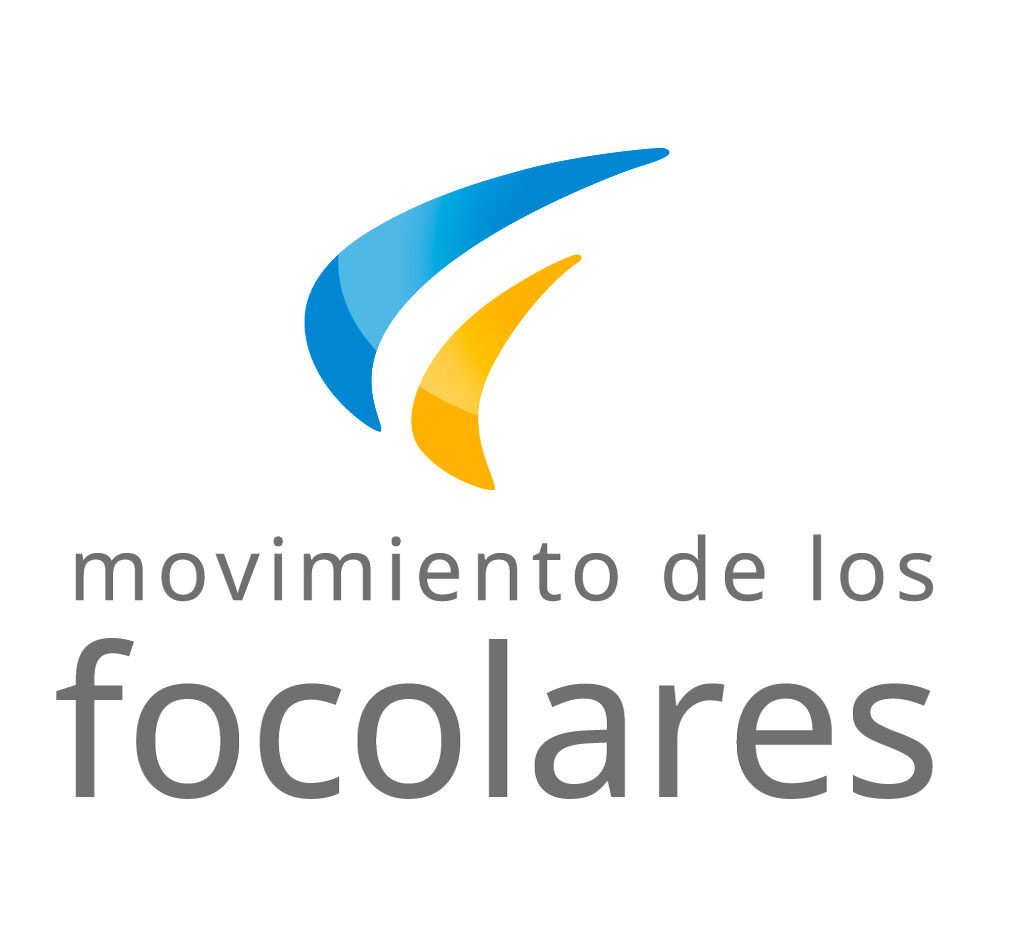The document, translated into five languages (Italian, English, French, Spanish, and Portuguese), is an overview of the activities and initiatives promoted by the Focolare in 2022. It narrates not only the sharing of resources but also the experiences and initiatives carried out worldwide, inspired, specifically for this publication, by the dialogues between ecclesial movements and new communities within the Catholic Church; by the dialogue between the various Christian Churches; by the dialogue between different religions, different cultures, with institutions, and by the commitment to addressing the many global challenges.
Among the speakers who took part in the presentation press conference – with the presence of Margaret Karram and Jesus Moran, President and Co-President of the Focolare movement – were present Monsignor Juan Fernando Usma Gómez, Head of the office of the Western Section of the Dicastery for Promoting Christian Unity, Dr. Giuseppe Notarstefano, National President of the Italian Catholic Action, the Dr. Rita Moussallem, head of the Focolare Centre for Interreligious Dialogue, and Giancarlo Crisanti, general administrator of the Focolare. The following spoke online: Monsignor Athenagoras Fasiolo, Bishop of Terme and auxiliary of the Holy Orthodox Archdiocese of Italy, and the Professor Stefano Zamagni, economist and professor of Political Economy at the University of Bologna.

The session, moderated by journalist Alessandro de Carolis, was a genuine exchange of reflections and clarified that terms so seemingly at odds with each other, such as "balance" and "communion," can complement each other, reflecting not only on numbers but also on life itself.
We have collected excerpts from some of the speakers' interventions:
When we draw up a balance sheet as Christians, it means that we must take into account God's plans, our plans, and the plans of the world. (…) God's plans would be those that aim to preserve the unity of the spirit through the bond of peace—he continued—but we see that in the world, instead, the plan that is taking hold is war. It is possible to develop communion in differences, (…) but this reconciled diversity calls us to make peace the heart of Ecumenism and to make Ecumenism the heart of peace.
(Monsignor Usma Gómez)
Taking stock of the communion of a Movement that is so open, so capable of leading others to understand that dialogue doesn't take away, but adds and enriches, is very important. If as believers we can be prophetic, then we can awaken the best that is in the human heart.
(Monsignor Athenagoras Fasiolo)
Through appreciating diversity and reciprocity (…) we come to know one another and offer our willingness to learn from one another, to share each other's pains, challenges, and hopes, and a shared commitment to working for peace, for goodness, and for fraternity is generated. Authentic dialogue is a very helpful remedy (…) because it makes you discover and see the humanity of others, and it disarms you.
(Rita Moussalem)
When we talk about "balance sheet," one expects to see a lot of numbers, but the "Communion Balance Sheet" is much more narrative, and the numbers are missing the number of people who make it possible to carry out the works. The Balance Sheet shows that this communion of goods is capable of carrying out initiatives, projects, and works that move in the direction of dialogue (…), that help the world to engage in a little more dialogue.
(Giancarlo Crisanti)
It is clear that the publication of this "Balance Sheet of Communion" today cannot be merely a form of accountability, but rather we must also take advantage of this opportunity to truly be "apostles," messengers of good news. In this time, evil attracts more than good, while beauty attracts more than ugliness, and knowledge attracts more than ignorance. We must act in such a way as to make known—obviously with humility—the gratuitousness with which good is done. (…) This notion of a "Balance Sheet of Communion" means that it recounts what has been done, but with an eye to the future.
(Stefano Zamagni)

